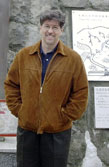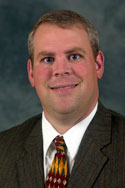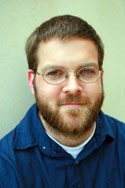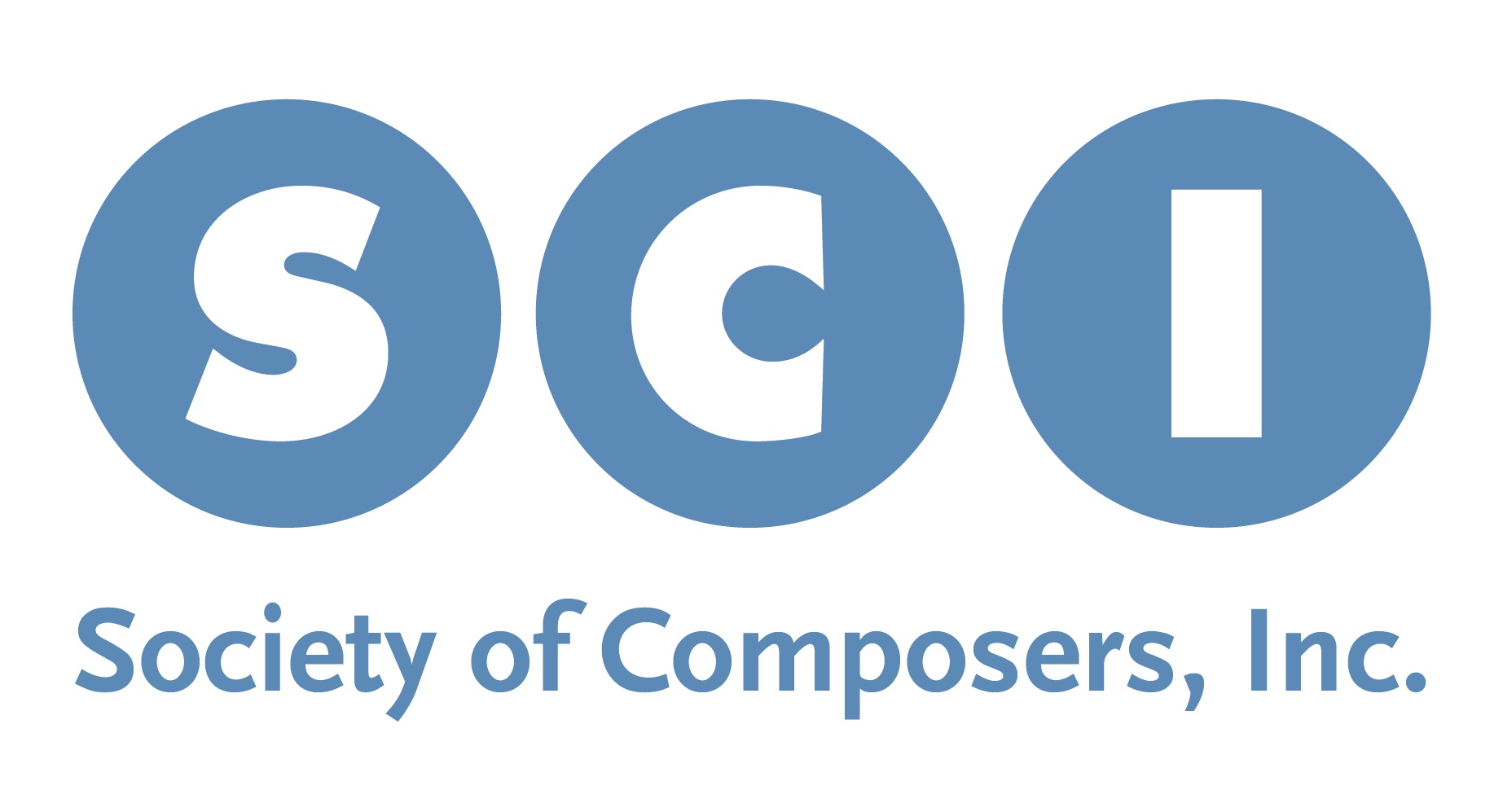The Society of Composers, Inc., Online News (SCION) is a listing of opportunities for composers. With in-depth coverage, full content listings, and items posted constantly until they expire, SCION is an invaluable resource for composers. In addition to online listings, each opportunity has a printer-friendly page to facilitate batching and printing.
John Bilotta, SCION Editor
scion@societyofcomposers.org
Access SCION
Current SCI members can access SCION through the mySCI account area or by clicking on a link in an email sent to the entire membership each month.
List Your Opportunity in SCION
To submit your opportunity, click here, or send the information by e-mail to scion@societyofcomposers.org. Preferred formats are: plain text in the body of an e-mail, HTML, Word, WordPerfect, or Acrobat (PDF). SCION release announcements are scheduled for the first Monday of every month. Send your information at least a week before the release is due for the best chance for inclusion by this date.
SCION does not usually publish submissions in their entirety. Items are edited to a paragraph or two of the most important details, along with contact information for composers who choose to pursue the opportunity further. It has proven convenient, both for SCION readers and those listing events, for full information to be available only on the source web page which can be linked from the listing. It also reduces the likelihood of errors.
Once listed, opportunities will remain until the deadline passes. Items with no deadline will be listed for an appropriate period of time. Ongoing calls with no deadline may be resubmitted once every year.
SCION was formerly distributed to SCI members via email, but we have moved to a dynamic system. Each month, the SCI membership is reminded that SCION has been updated, though the publication is constantly updated by the editors.
Current issues are always available in the member account area. Questions regarding SCION should be directed to John Bilotta, editor of SCION.
Editors
It has been an honor to serve, first as assistant-editor, then as editor of SCION over the past five years. SCION, the Society of Composers, Inc., Online News is a web-based listing of opportunities for composers available on the SCI website. SCION has undergone a lot of changes in that time–from a plain text email sent once a month to members to an online publication updated continuously thanks to the hard work of Mike McFerron, our webmaster. A brief monthly email reminds members to check online for recent updates.
If you are advertising a call for scores, competition, commission, fellowship, residency, open position, or other opportunity for composers, SCION can help get the word out to SCI’s membership. All submissions will be considered.
To submit your opportunity, click here, or send the information by e-mail to scion@societyofcomposers.org. Preferred formats are plain text e-mail, HTML, Word, or Adobe Acrobat (pdf). The reminder email to SCI members is scheduled for the first day of each month so if you want to be sure that your item is already online when the email goes out, send your information a week before the end of the previous month.
SCION tries to publish submissions in relatively complete form, understanding that some announcements include a great deal more detail than we might be a ble to include. So some cuts may be necessary, particularly background, historical, or promotional text. We want to provide enough information that our members can get a clear idea of what the announcement is about with references to websites or contacts for further details. Once listed, opportunities will be repeated until the deadline passes. Items with no deadline will be listed in several consecutive issues. Ongoing calls with no deadline may be resubmitted once every year.
Finally, I would like to express my appreciation to three of our SCI members who have volunteered to serve as assistant editors: Mark Connor, Helena Michelson, and James Sproul. Their assistance is invaluable and has allowed us to greatly expand the size and completeness of SCION. – John G. Bilotta
SCION Editor
 A composer from the San Francisco Bay Area, John G. Bilotta collaborates with local performers and ensembles in performing his own works as well as the works of composers he admires. He is director of the San Francisco Chamber Wind Festival held every July at the San Francisco Conservatory and co-director of the Bay Area’s Festival of Contemporary Music now in its sixth year.
A composer from the San Francisco Bay Area, John G. Bilotta collaborates with local performers and ensembles in performing his own works as well as the works of composers he admires. He is director of the San Francisco Chamber Wind Festival held every July at the San Francisco Conservatory and co-director of the Bay Area’s Festival of Contemporary Music now in its sixth year.
SCION Assistant Editors
 Mark Connor is a composer. He lives in the St. Louis area and teaches theory at Maryville and McKendree Universities.
Mark Connor is a composer. He lives in the St. Louis area and teaches theory at Maryville and McKendree Universities.
 Helena Michelson completed her undergraduate studies in Music at the University of California, Berkeley and holds a doctorate in composition and theory from the University of California, Davis. She has studied composition, among others, with Olly Wilson, Cindy Cox, Jeffrey Miller, Pablo Ortiz, and, in masterclasses, with Louis Andriessen, Martin Bresnick, Mario Davidovsky, Eric Chasalow, Philippe Leroux, Bernard Rands, and Judith Shatin. Her music has been performed and recognized by such groups and organizations as North/South Consonance, San Francisco Chamber Wind Festival, the Pharos Music Project, Berkeley Contemporary Players, Empyrean Ensemble, Le Nouveau Ensemble Moderne, Riverside and Berkeley Symphonies, and through commission from the American Composers Forum.
Helena Michelson completed her undergraduate studies in Music at the University of California, Berkeley and holds a doctorate in composition and theory from the University of California, Davis. She has studied composition, among others, with Olly Wilson, Cindy Cox, Jeffrey Miller, Pablo Ortiz, and, in masterclasses, with Louis Andriessen, Martin Bresnick, Mario Davidovsky, Eric Chasalow, Philippe Leroux, Bernard Rands, and Judith Shatin. Her music has been performed and recognized by such groups and organizations as North/South Consonance, San Francisco Chamber Wind Festival, the Pharos Music Project, Berkeley Contemporary Players, Empyrean Ensemble, Le Nouveau Ensemble Moderne, Riverside and Berkeley Symphonies, and through commission from the American Composers Forum.
 James Sproul attended Bakersfield College where he studied with Dr. John Gerhold, who introduced James to the art of composition. He then attended California State University, Bakersfield where he studied with Dr. Doug Davis. He received his BA in music composition with a minor in philosophy in 2005 graduating magna cum laude as a member of Alpha Chi National Honors society, also earning the music department’s outstanding graduating senior award. He received his Master of Music in Composition with High Honors from Oklahoma City University studying composition with Dr. Edward Knight. Over the years James has gone through many styles of composition from stream of conscious to 12-tone rows to free improvisation. Most recently James has begun to explore ideas of freedom (through either free improvisation or freedom of tempo etc…) within rigidity. James has also begun to explore various possibilities of a horizontal (or temporal) harmonic language. This allows a certain amount of play with the musical ideas, allowing the formal aspects to be almost biological in the way they change constantly within the piece to say nothing of from performance to performance.
James Sproul attended Bakersfield College where he studied with Dr. John Gerhold, who introduced James to the art of composition. He then attended California State University, Bakersfield where he studied with Dr. Doug Davis. He received his BA in music composition with a minor in philosophy in 2005 graduating magna cum laude as a member of Alpha Chi National Honors society, also earning the music department’s outstanding graduating senior award. He received his Master of Music in Composition with High Honors from Oklahoma City University studying composition with Dr. Edward Knight. Over the years James has gone through many styles of composition from stream of conscious to 12-tone rows to free improvisation. Most recently James has begun to explore ideas of freedom (through either free improvisation or freedom of tempo etc…) within rigidity. James has also begun to explore various possibilities of a horizontal (or temporal) harmonic language. This allows a certain amount of play with the musical ideas, allowing the formal aspects to be almost biological in the way they change constantly within the piece to say nothing of from performance to performance.

Follow Us